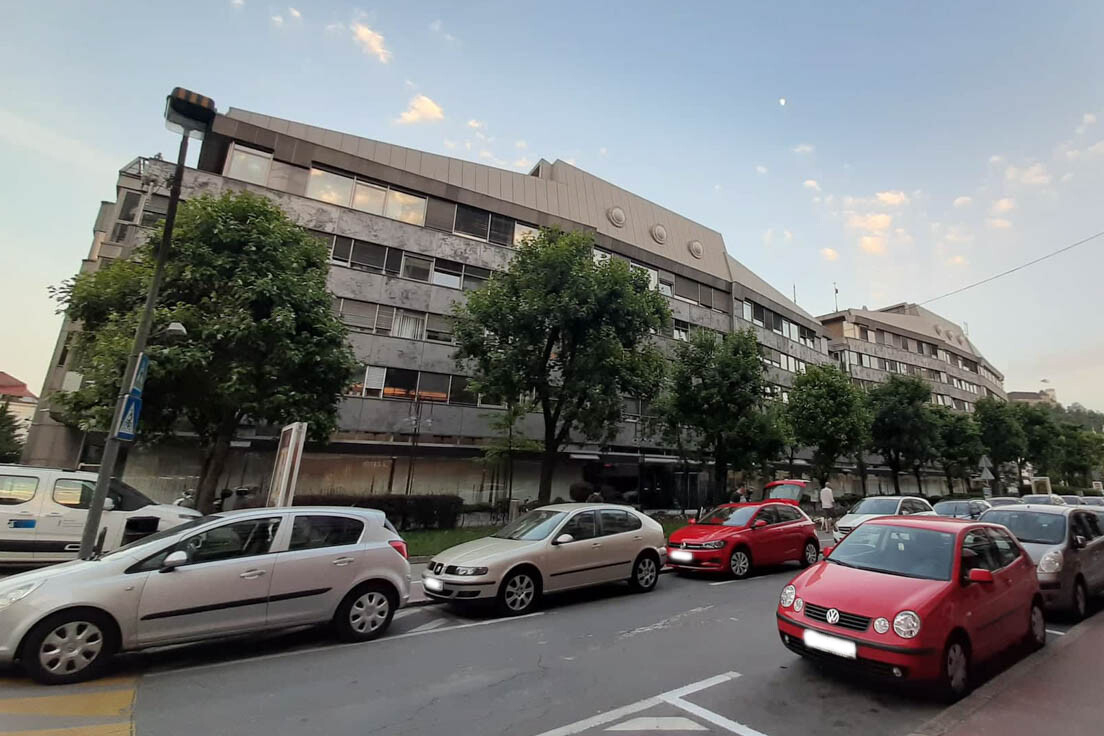Slovenia: Bill to depoliticise public media receives public support
29th November 2022
Slovenian voters have backed a bill to depoliticise the country’s public media, making way for much needed legislation to come into effect.

In a referendum on Sunday, Slovenians supported a bill set to reduce political influence and restore editorial independence to the country’s public television, RTV Slovenija (RTV SLO). VOA reported that more than 62% of voters backed the bill, with about 38% voting against it. A previous law to depoliticise RTV SLO had been rejected in a 2010 referendum so Sunday’s vote indicates a change in the political climate.
The editorial independence of public broadcaster RTV SLO has long been called into contention and restoring it has been a priority for the new coalition government, led by Prime Minister Robert Golob. During the first sitting of Parliament, the fresh government filed a proposal for a new law on RTV SLO which would stop Parliament from appointing members to the Supervisory Board and the Programme Council (RTV SLO’s management bodies), and stop politicians from influencing most staffing and financial decisions. Currently, Parliament names 21 out of 29 members of the RTV Programme Council, the body that names RTV SLO’s chief executive officer and backs production plans.
More widely, there were calls for the public broadcaster to be depoliticised, with even RTV SLO staff protesting for months to demand greater journalistic and editorial autonomy and an end to its politicisation. But there had been fierce pushback from former Prime Minister Janez Janša’s Slovenian Democratic Party (SDS). In an effort to further delay the bill, SDS had requested the referendum after gathering more than 52,000 signatures in October.
Notably, RTV SLO suffered significant threats to its editorial independence under Janša, with several political appointments occurring in recent years. Politically appointed management bodies have gone on to undermine RTV SLO, whether through firing independent employees or making controversial changes to RTV programming.
Read more: Focus On Slovenia: Reflecting on a difficult year for public media
Just days before the referendum, media freedom organisations, including the Public Media Alliance, supported the legislative changes.
“Our shared assessment is that overall these draft amendments represent a justified and principled attempt to revise an outdated legislative framework, depoliticise the broadcaster and foster a more enabling environment for the free exercise of RTV SLO’s journalistic mission,” the organisations said in a statement. “If approved, the new system of governance would significantly limit the ability of any government, current or future, to use its parliamentary majority to fill the councils with allies and interfere in the work of public media.”
However, the organisations also expressed their concern on the draft legislation, such as a lack of public consultation on the bill or a review of the draft from the Council of Europe or international media organisations and journalists’ organisations/unions.
“While we recognise the need to urgently address the situation at RTV SLO, such changes to the legal framework should have been developed in an open and transparent manner and with the full involvement of civil society and journalist organisations,” they said.
The official results of the referendum will be published in January. From then, there is a two-month deadline for the bill’s changes to be implemented.
Related Posts
24th November 2022
Slovenia: Media freedom groups back legislative efforts to depoliticise public media
PMA and other media freedom groups back…
13th October 2022
Focus On Slovenia: Reflecting on a difficult year for public media
We reflect upon the challenges faced by…
